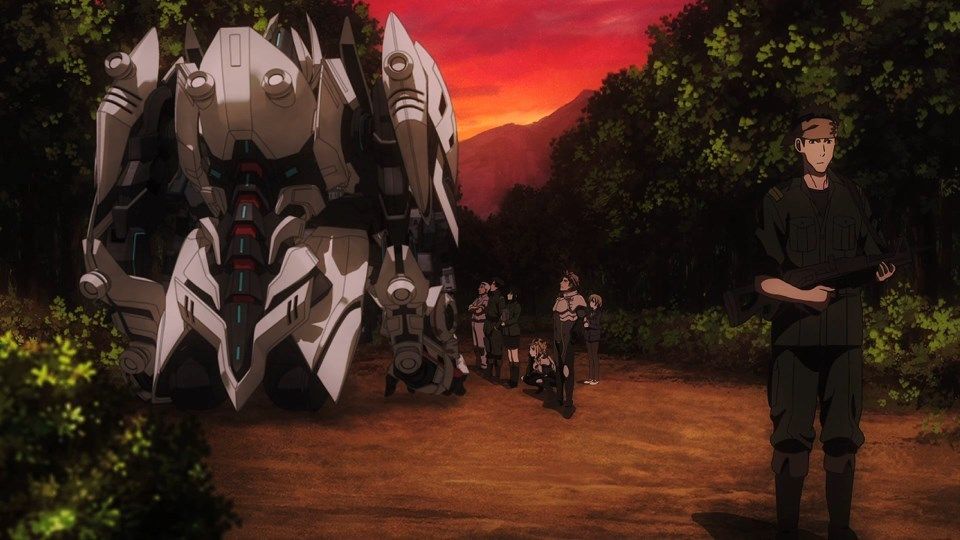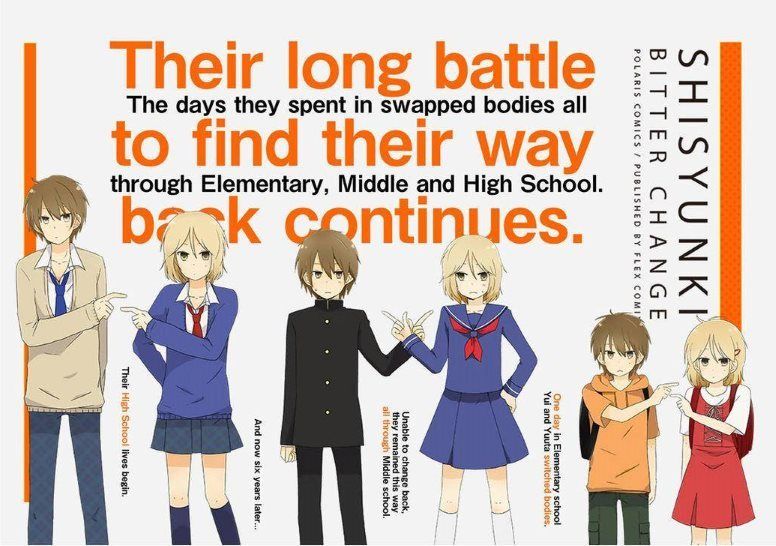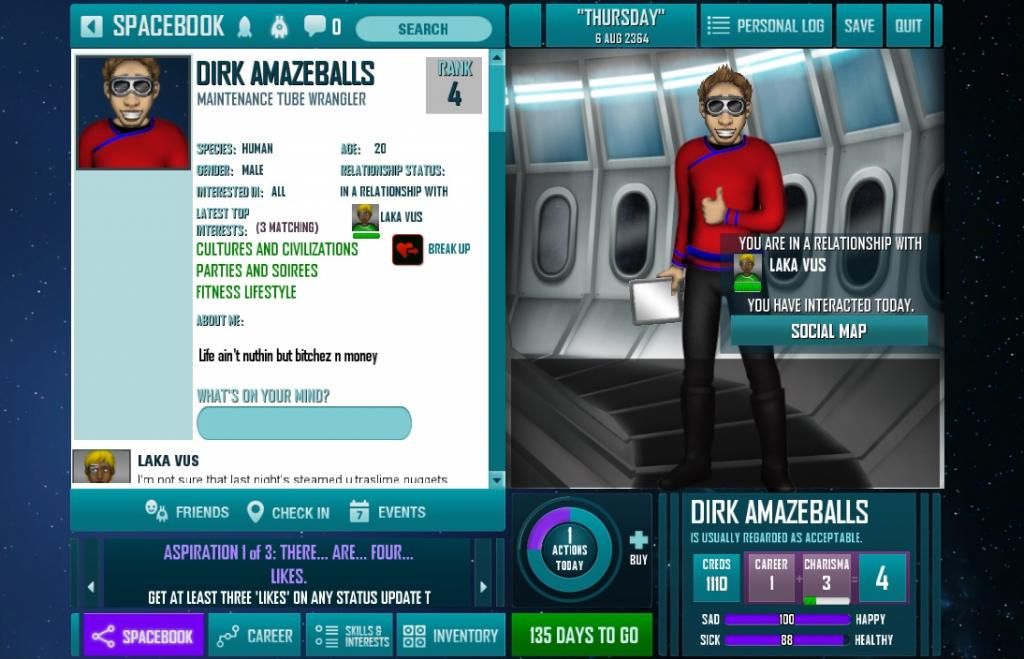I don’t have much to say about any specific anime series, but I do have a bit to say about several different shows.

First is Argevollen, a show about two countries locked in a war mostly fought through the use of giant robots. The series just throws you into the middle and then kind of keeps going, like someone continuing a story that got interrupted earlier. There’s no single scene that you can point at as evidence of the show being good, no “fuck yeah” moment where you pump your fist in the air. But when you stick with it, the whole thing just kind of gets at you.
You do have to accept this world as being one where airplanes apparently weren’t invented and all the resources devoted to aerospace were diverted into making something as patently ridiculous as mechs into viable war machines. There’s a reason why the Cold War didn’t see its own version of the Maginot Line being built, after all.
But when you get past that you find a surprisingly realistic war story. Unlike other giant robot anime, which focus almost entirely on the officers and mech pilots, this series shows that every soldier is important. The spear carriers do their bit, like in the episode where the mechanics are hurriedly putting the Argevollen back together while the town is under attack. Also, everyone hates the stereotypical hot blooded male lead for being a stereotypical hot blooded male lead. I don’t foresee any battles being won just because the protagonist shouts into his mic really loud and pulls a laser sword out of his robot’s ass. And the enemy ace is named after the Red Baron, which is a nice reference. I think there were some more military history references but I can’t remember them offhand.
I get why the “bad guys” are dressed like European armies from the classic age of imperialism but dammit, modern armies don’t dress like that anymore for practical reasons. That Grande Armée stuff sticks out like a sore thumb out on the battlefield. Anyway, I’m glad that this season is only half done. The 12-13 episode seasons we mostly see nowadays do tend to feel a bit squished sometimes.
The second series I want to talk about is Log Horizon. I know it sounds like a reprise of Sword Art Online, what with it being about players stuck in a multiplayer fantasy world that’s somehow become real; thankfully, it manages to say something halfway intelligent. The first episodes are very clichéd about the party of adventurers rescuing a damsel in distress from a cartoonish villain. Plus, as someone who’s never played an MMORPG, the premise never spoke much to me. But once the story turned into building a society out of antisocial loners in a fantasy land then it started getting interesting. There were even clever justifications for the tropes of RPG games (respawns, XP, etc).
I also just watched the first episode of World Trigger, a show about superpowered teenagers fighting off interdimensional alien invaders called Neighbors. You might be able to guess that most of the episode takes place in a high school. I swear, the high school series is the equivalent of the procedural drama in anime. The show itself is no great shakes, plus the name of the aliens makes me think that the fights are just stupid arguments over who knocked over the recycling bin and it better not have been your goddamn kid again, Bob. There’s a twist in the end that may make me come back for the next episode, but that one better knock my socks off.
Finally, I am most impressed at the latest instalment of Monogatari. This time the story revolves around one of the supporting characters while the protagonist from earlier parts just makes a brief cameo. I just love the way the series refuses to let its problems be solved by violence. “Teenagers resolve supernatural happenings” sounds very Buffy the Vampire Slayer but this show always fixes problems through everything but punching. Emotional and spiritual maturity is what really stops you from being haunted by the ghosts of your own guilt and regret, and damn if the climax doesn’t externalize this realization in superb fashion. Plus, there’s a one on one basketball match that I watched three times just to admire the artistry of the animators.
So it seems I’ve had three in the “yes” column and one in the “maybe but probably no” column. I’d say these are good results for trying out new anime.



